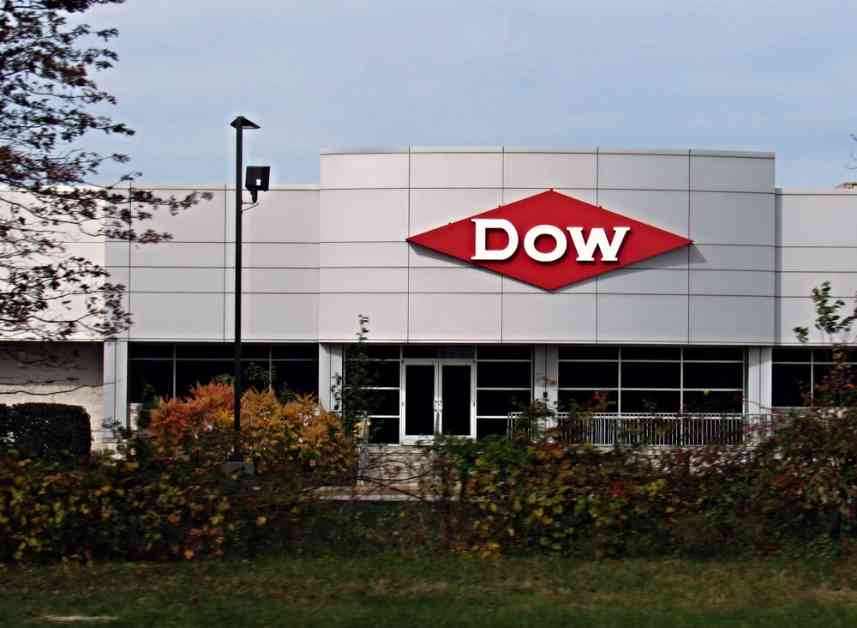The economic recovery in Europe is slower than expected, and the regulatory environment is making conditions tougher for businesses. American chemical company Dow is reviewing its European business operations, especially focusing on the Polyurethane sector. The goal is to secure the future of production in this region. Due to stagnant demand and high production costs, Dow is forced to make adjustments. These structural disadvantages in Europe significantly impact the competitiveness of the sites compared to those in the US and Canada. A decision on the realignment is expected by mid-2025.
Dow is particularly focusing on the Polyurethane segment, which is under close scrutiny. Germany plays a central role with approximately 3,500 employees at 13 locations and a significant Polyurethane pre-production in Stade.
However, due to slow demand growth and higher production costs compared to North America, a strategic adjustment in Europe is possible. Dow’s CEO, Jim Fitterling, emphasizes that market conditions in Europe cannot be compared to those in North America, where there is a growing demand for packaging plastics like Polyethylene.
Global economic challenges are also affecting Dow. Apart from the specific difficulties in Europe, Dow sees a slowed market recovery worldwide, especially in China. While there is an increased demand in the North American market, it is mainly concentrated in the packaging industry. Despite challenging conditions, Dow saw a slight revenue increase of 1.1% in the “Packaging and Specialty Plastics” segment to $5.52 billion in the third quarter. The adjusted earnings per share slightly exceeded market expectations at 47 cents.
Despite the slight revenue increase in the third quarter, the company’s net profit is nearly 30% lower compared to the previous year. In addition to general economic pressures, a production outage at a major facility in Texas led to additional financial challenges. For the future, Dow aims to focus more on profitable segments to ensure profitability in Europe as well. The decision on whether the European sites will continue to operate in their current form could have far-reaching consequences for the entire region and its employees.
This news from Dow comes in the context of other major companies like Evonik planning to cut hundreds of jobs as part of a corporate restructuring, Thyssenkrupp shifting its focus, making job cuts no longer off-limits, and BASF closing more energy-intensive plants in Ludwigshafen. BASF has also closed 11 factories, raising concerns about Germany’s attractiveness.
In conclusion, Dow’s review of its European business operations, particularly in the Polyurethane sector, reflects the broader economic challenges facing the region. The decision on the future of these sites will have significant implications for the company, its employees, and the European market as a whole. It underscores the need for companies to adapt to changing market conditions and strive for profitability in a competitive global landscape.

















